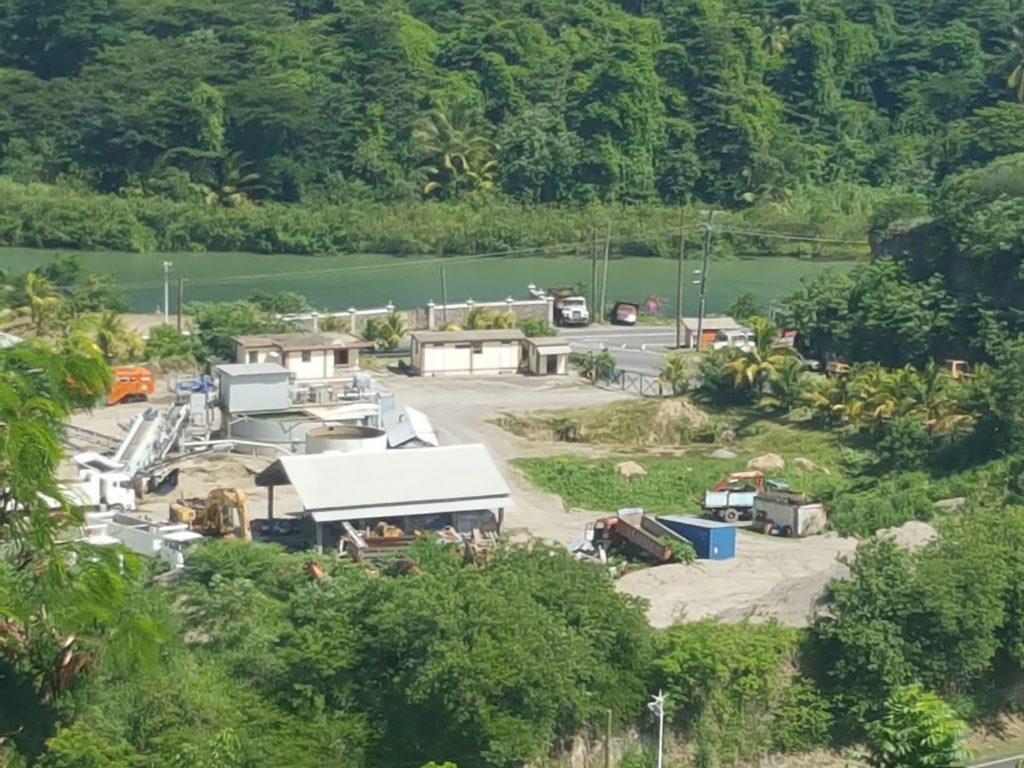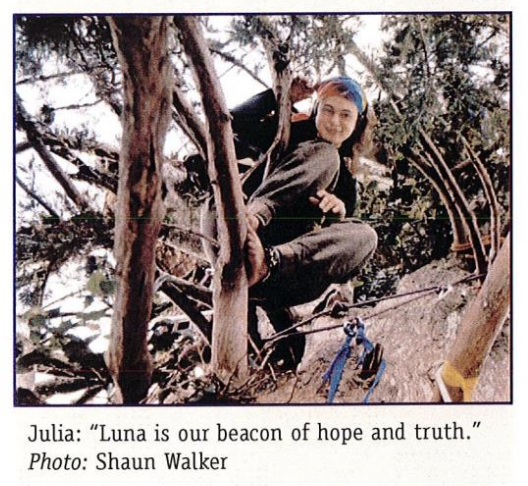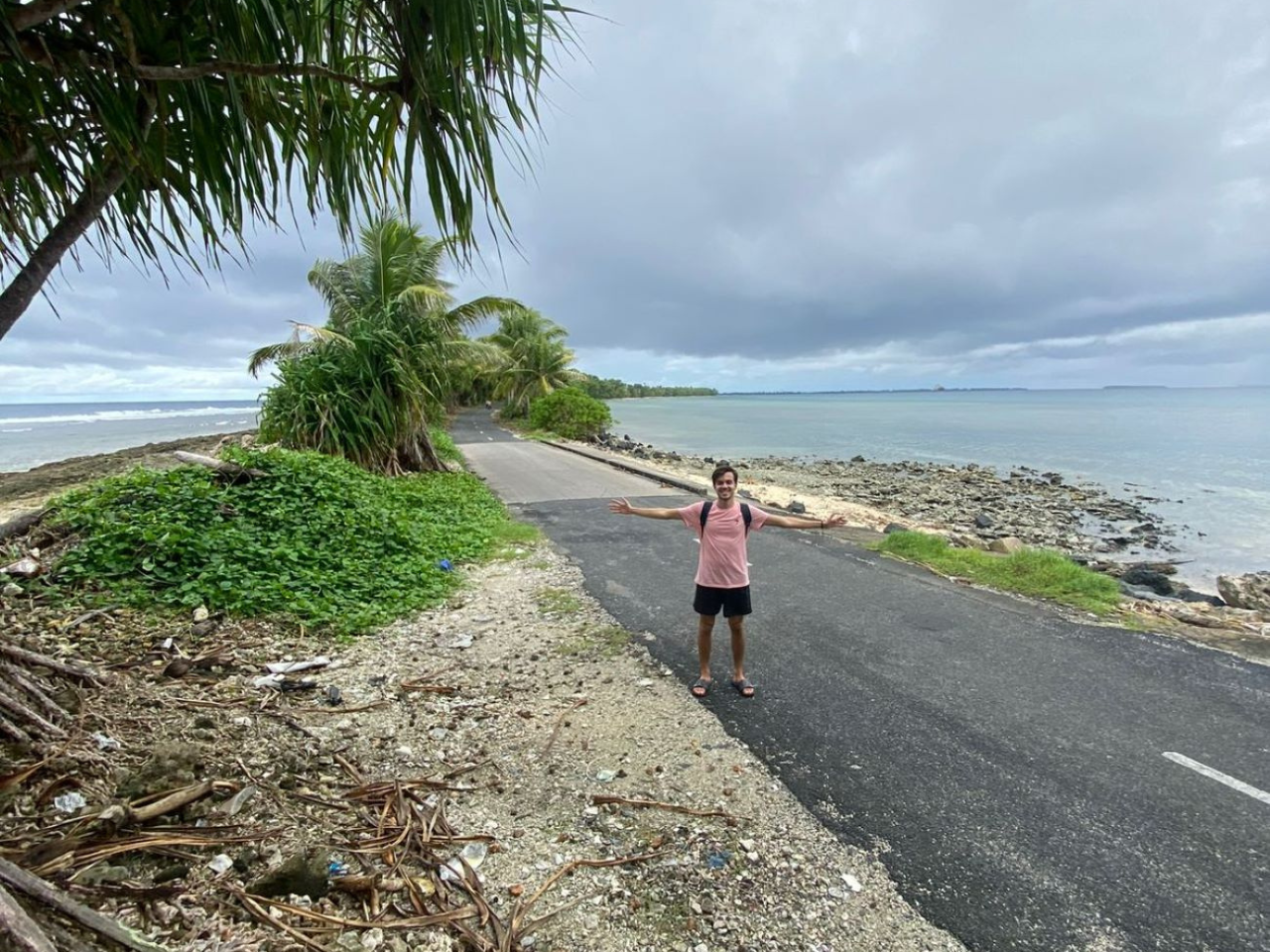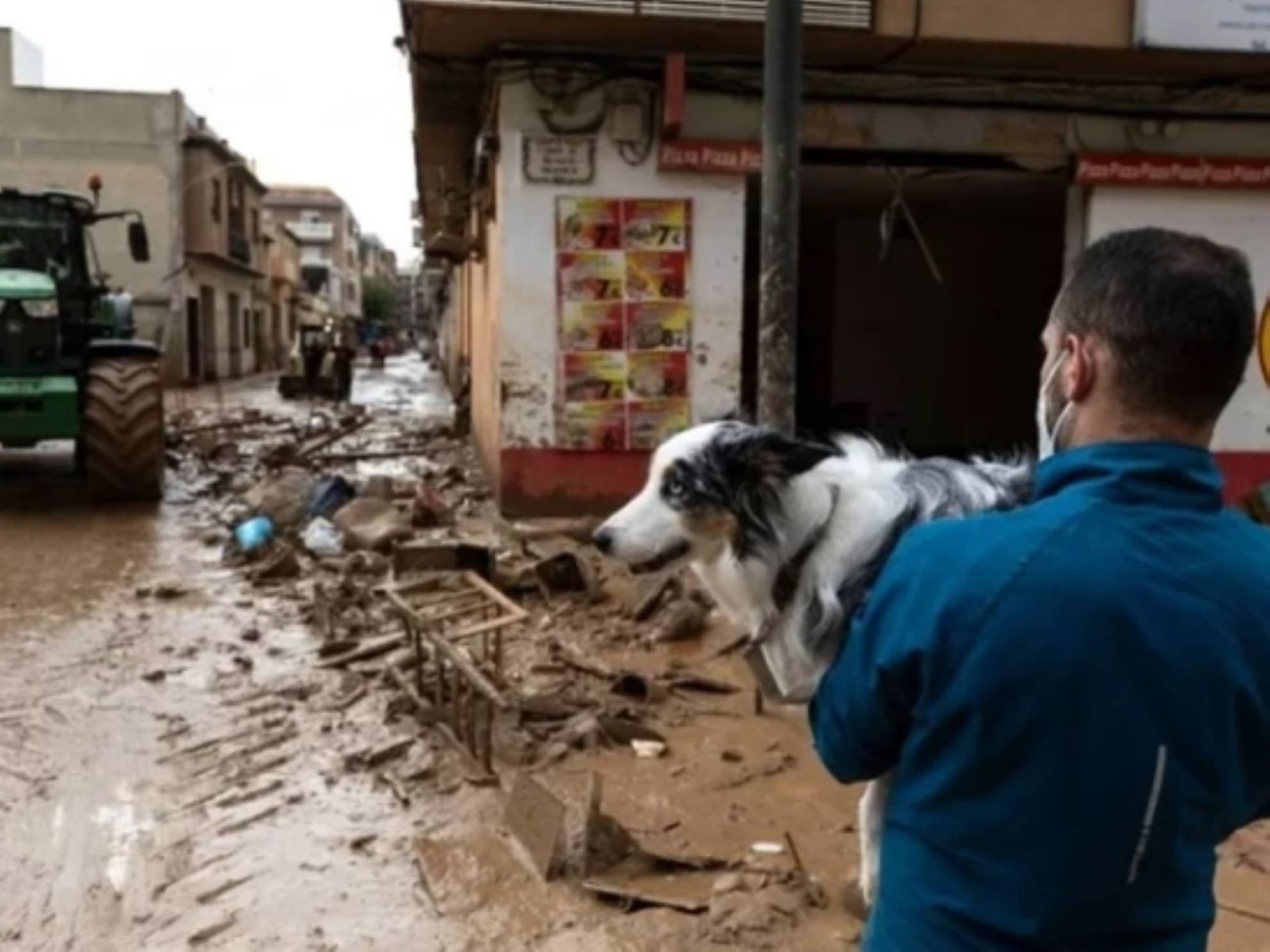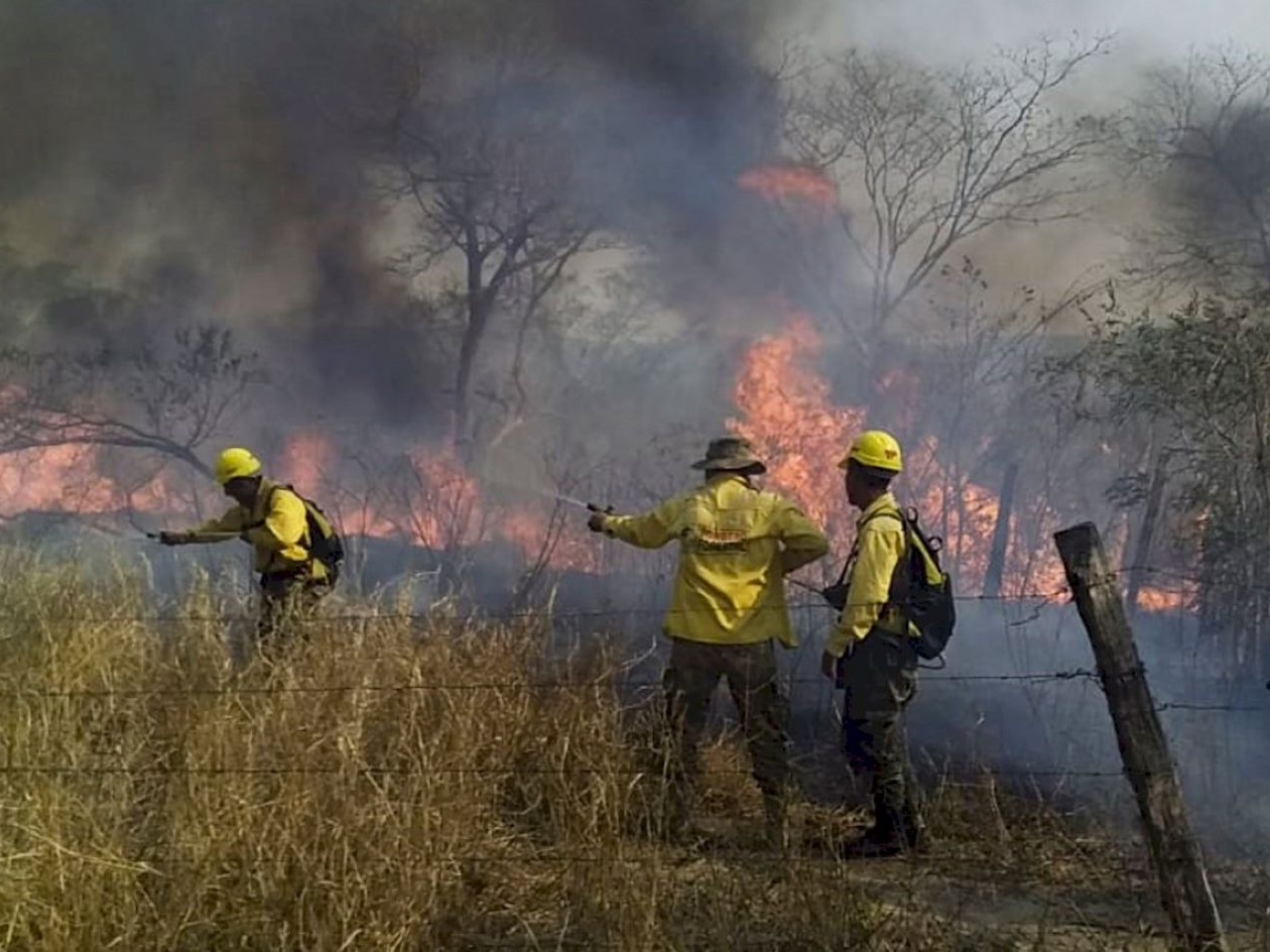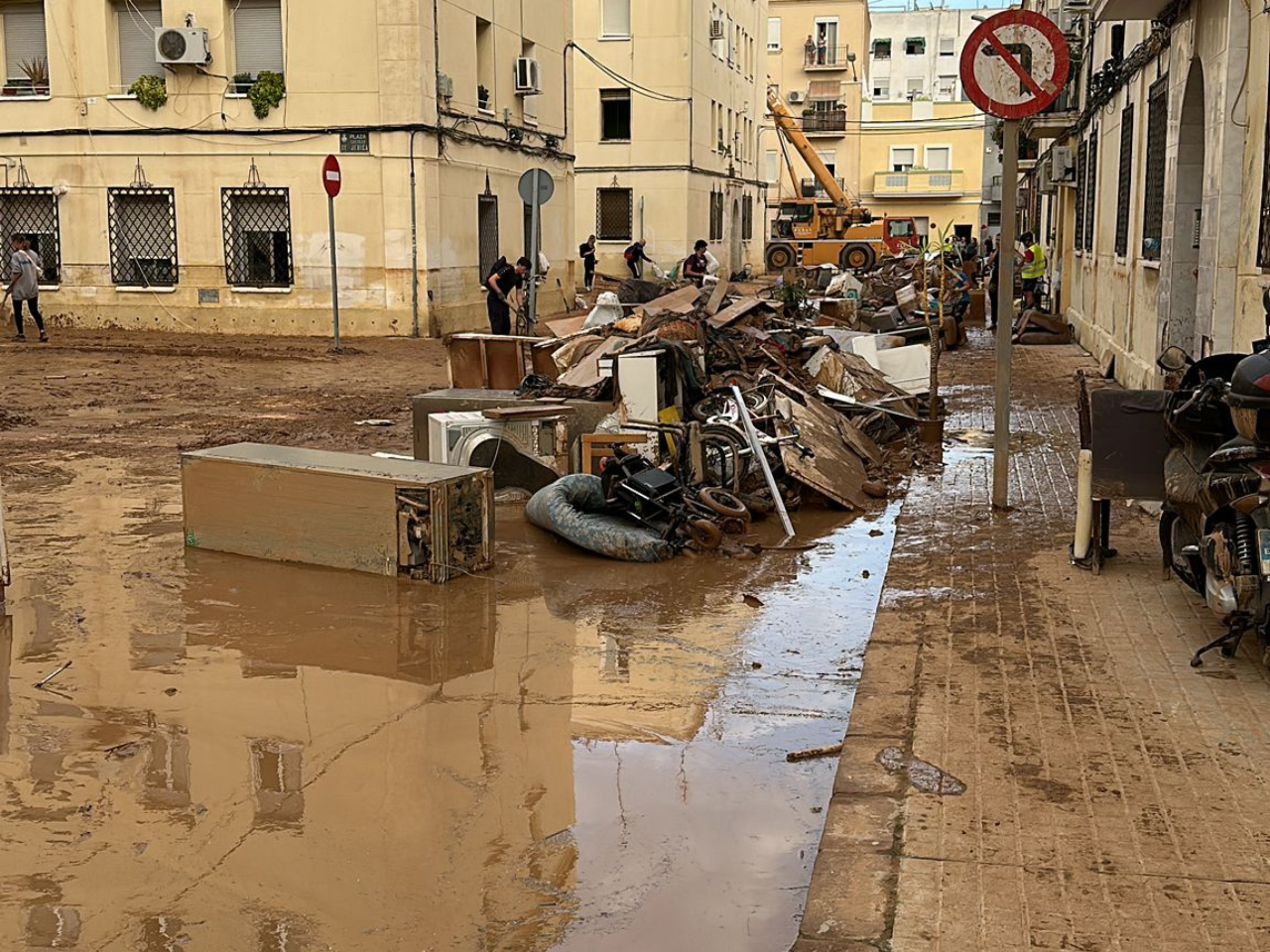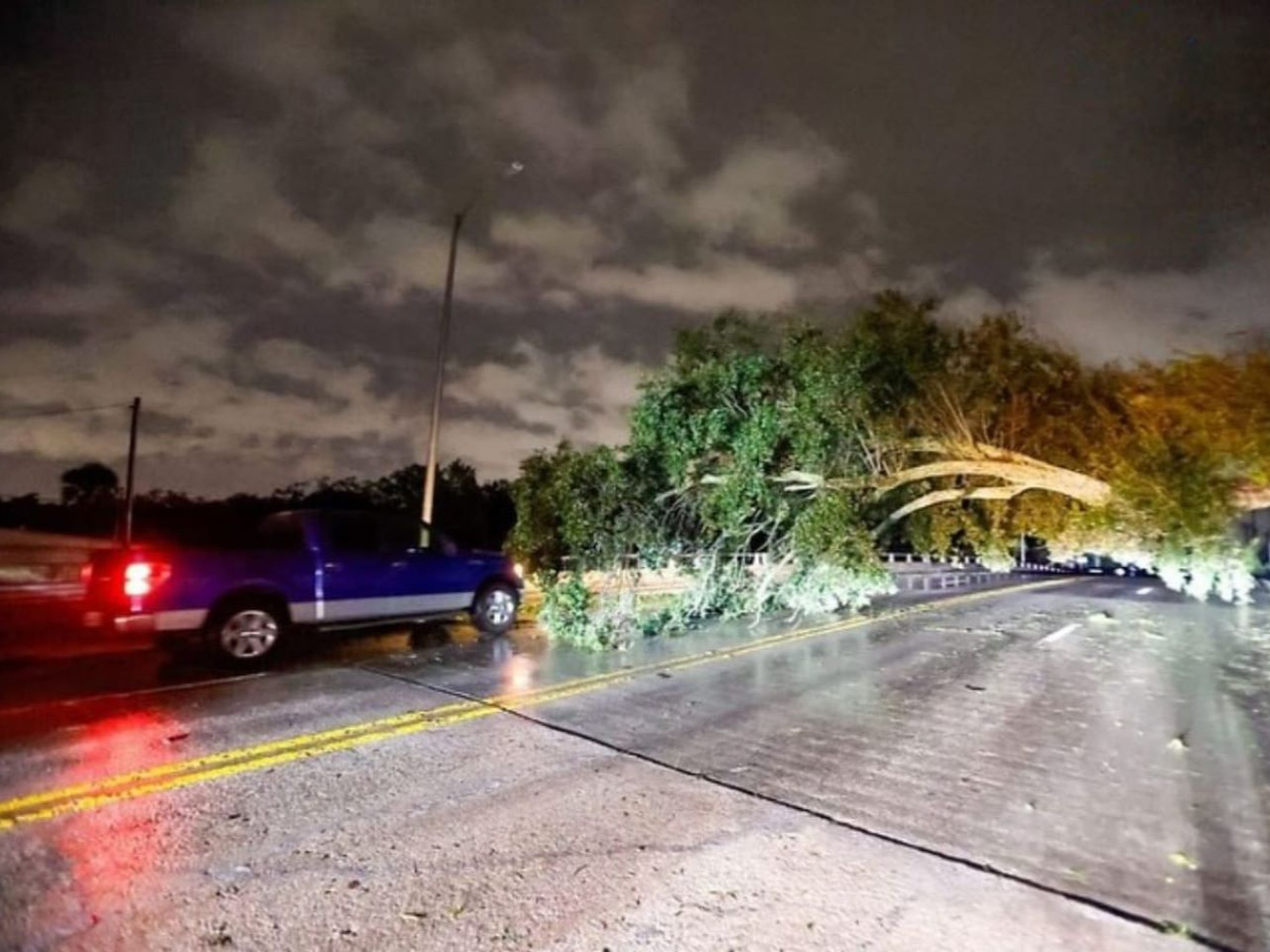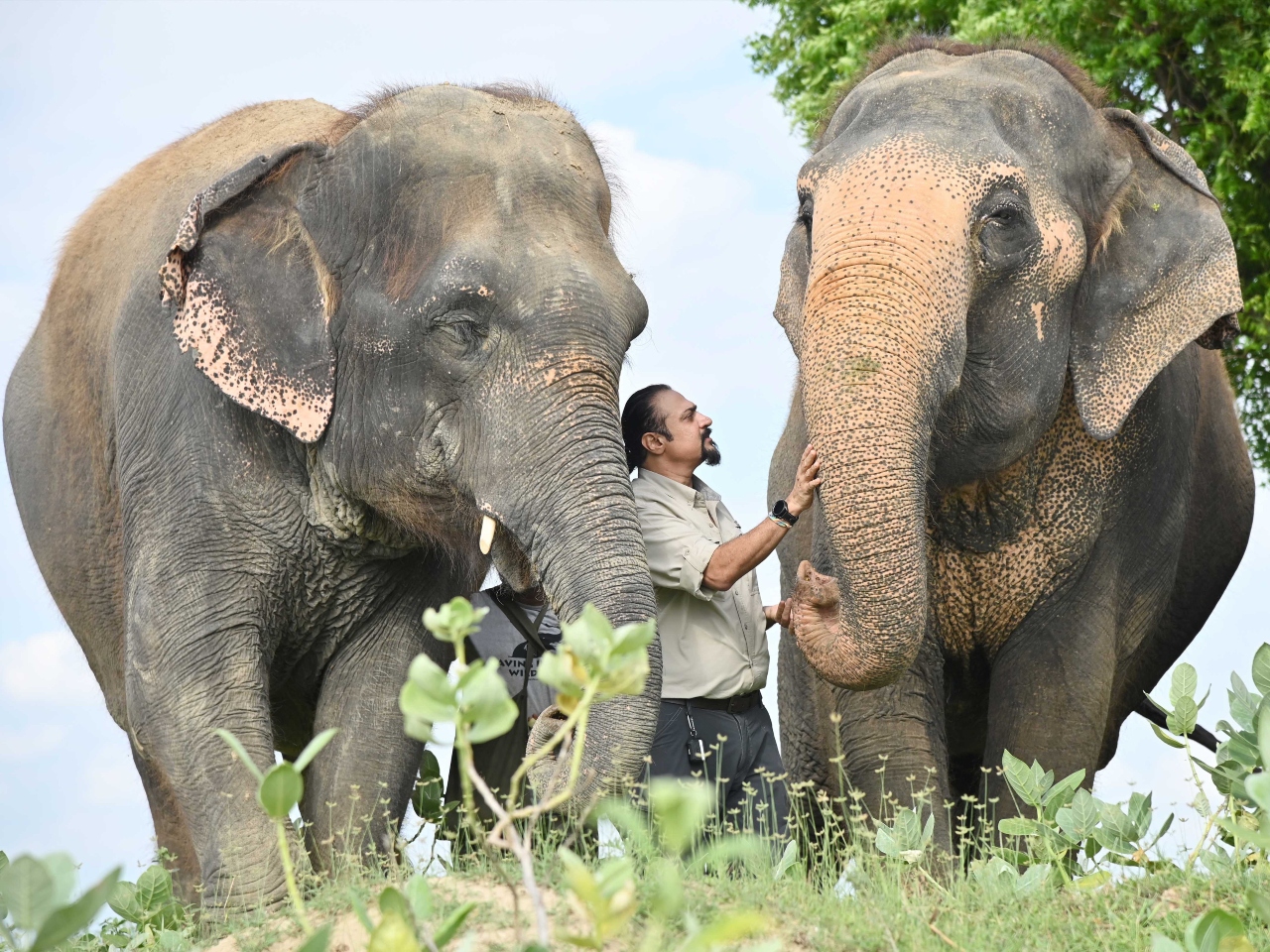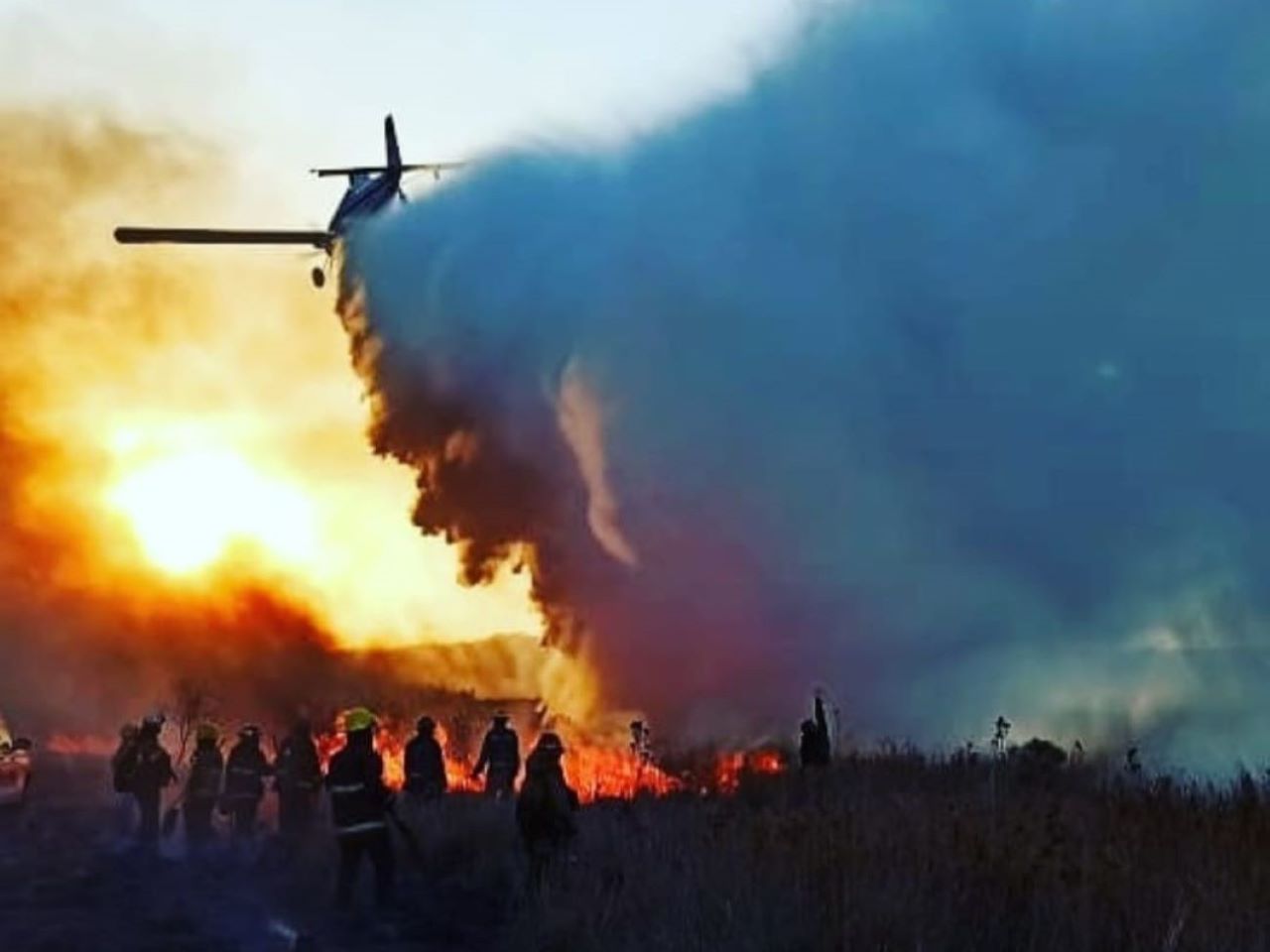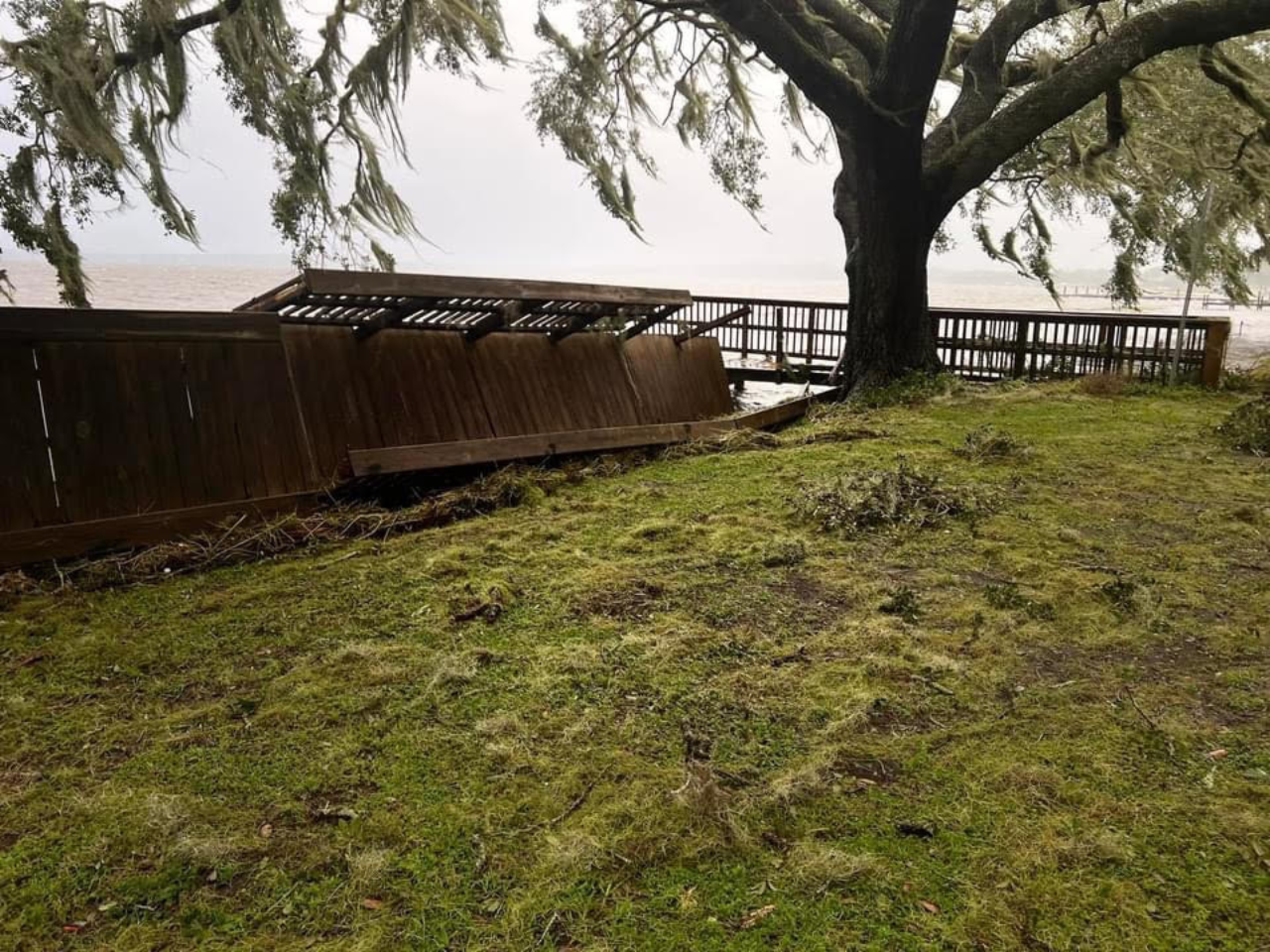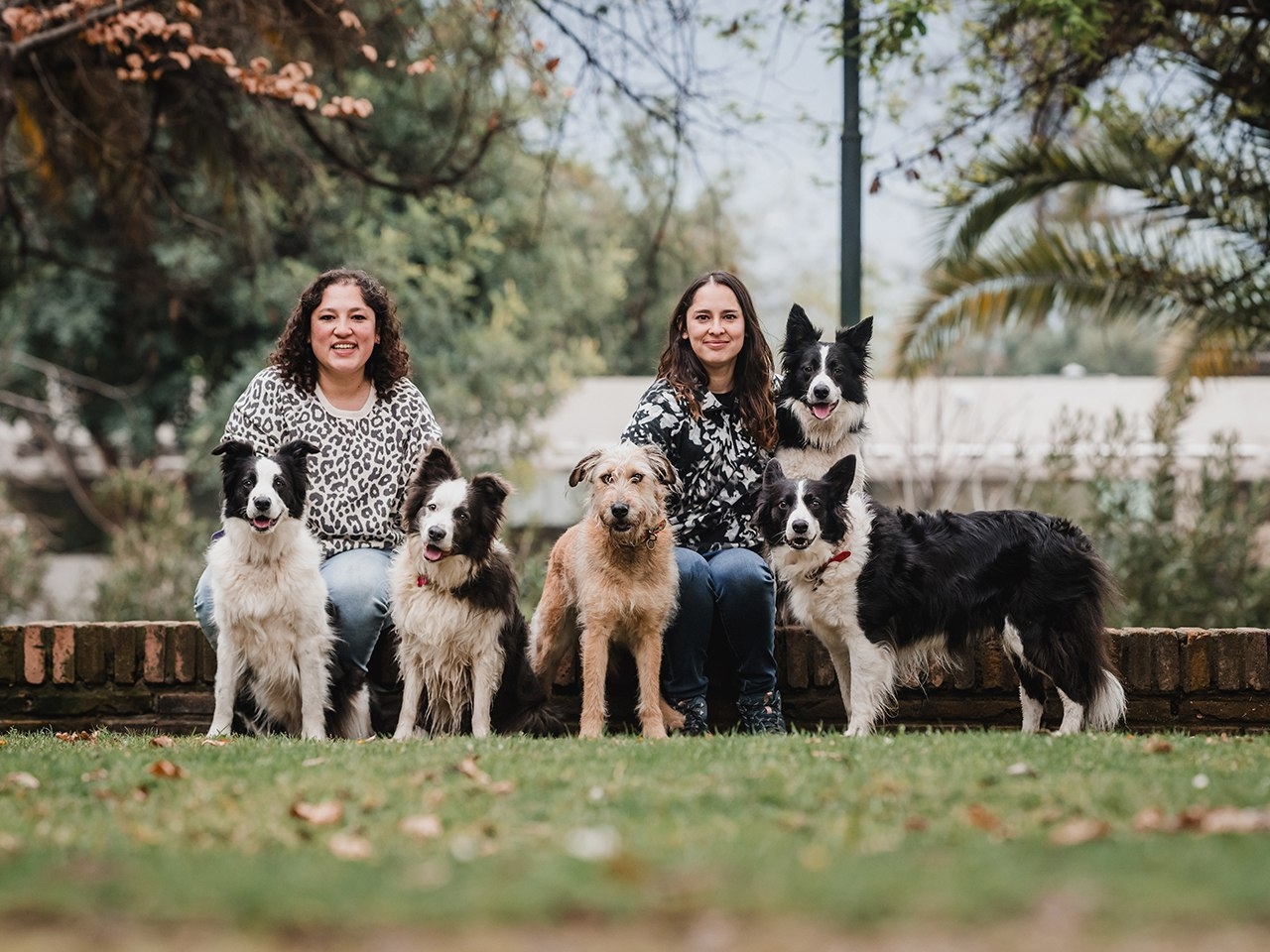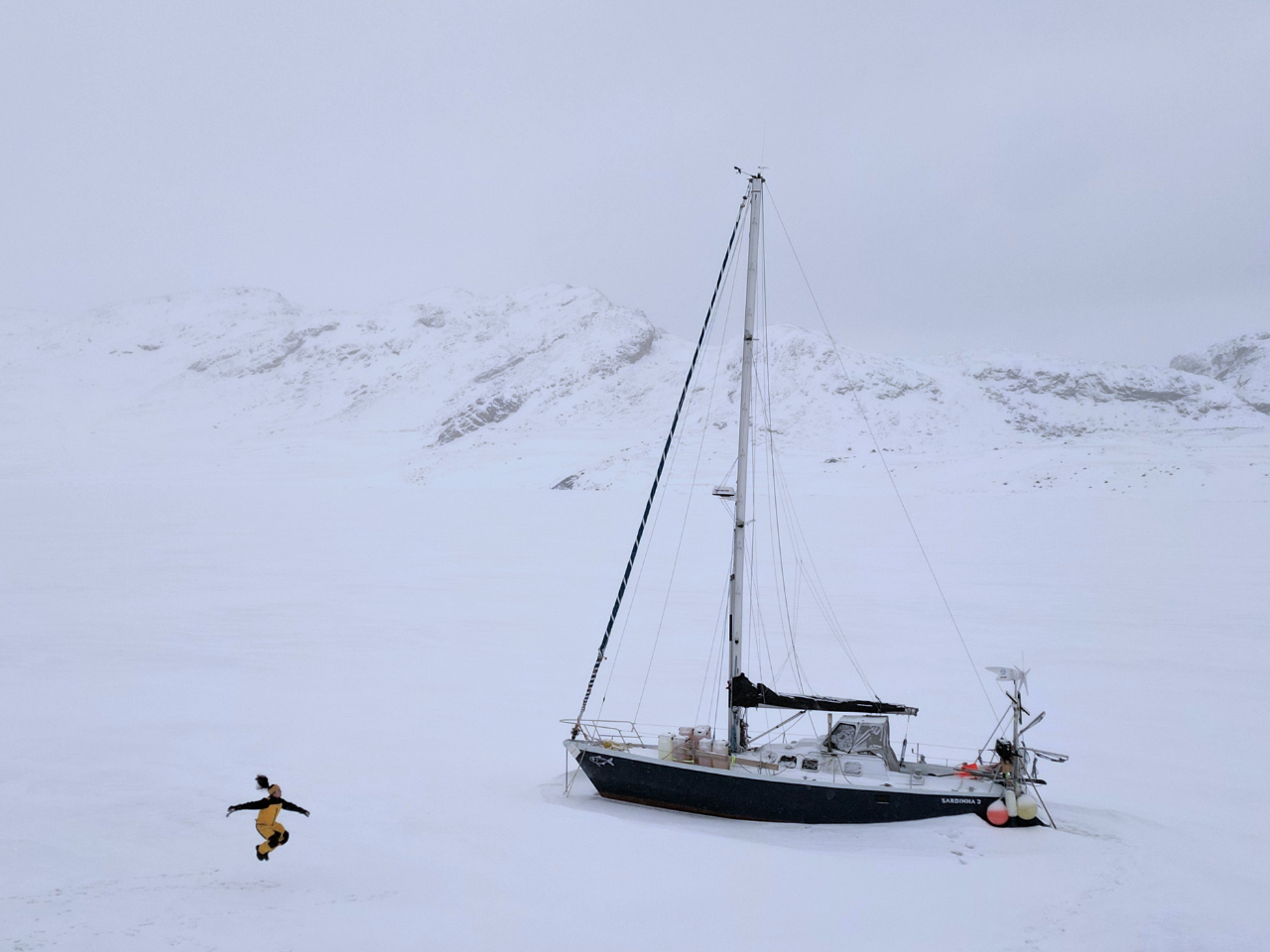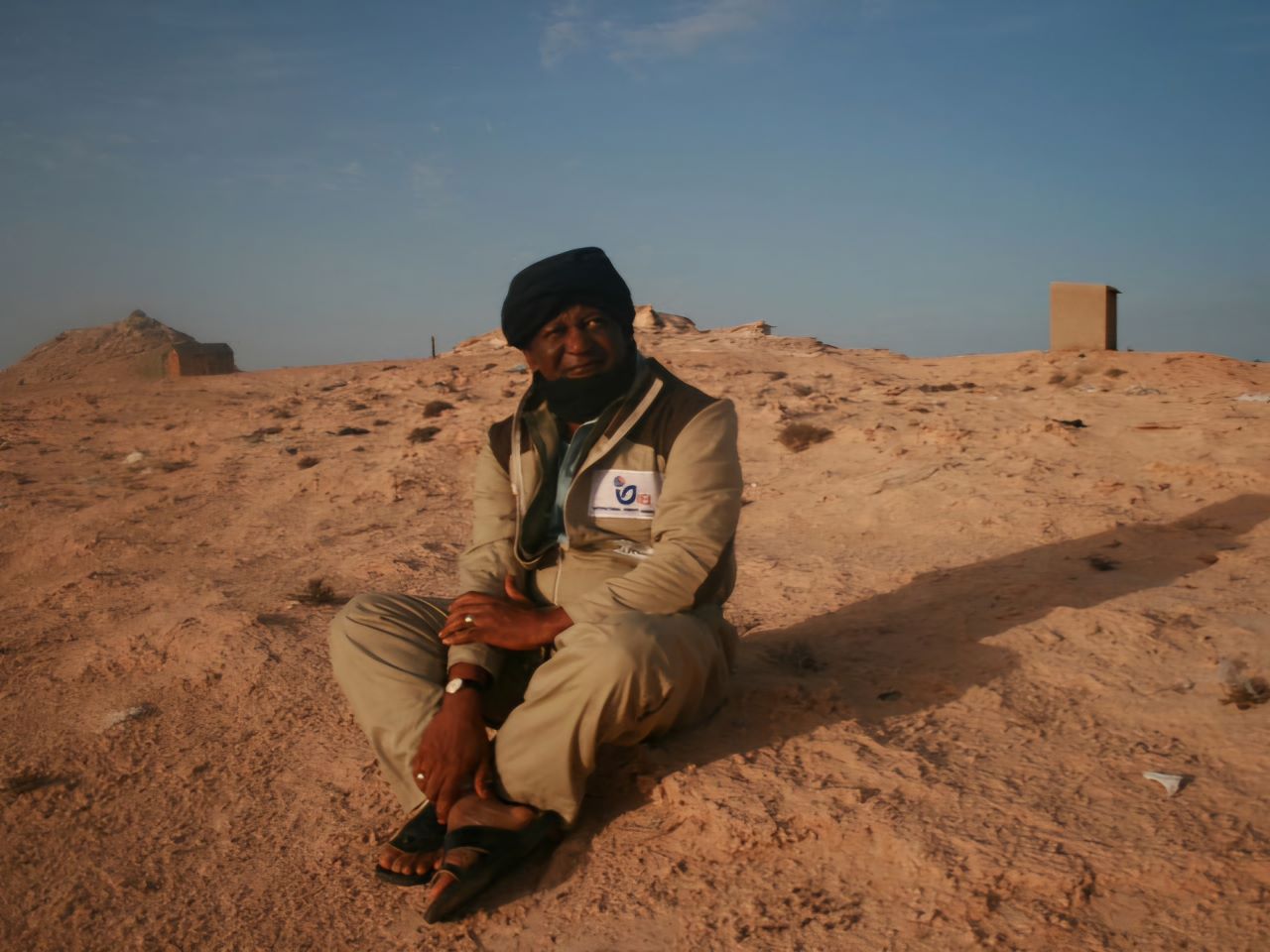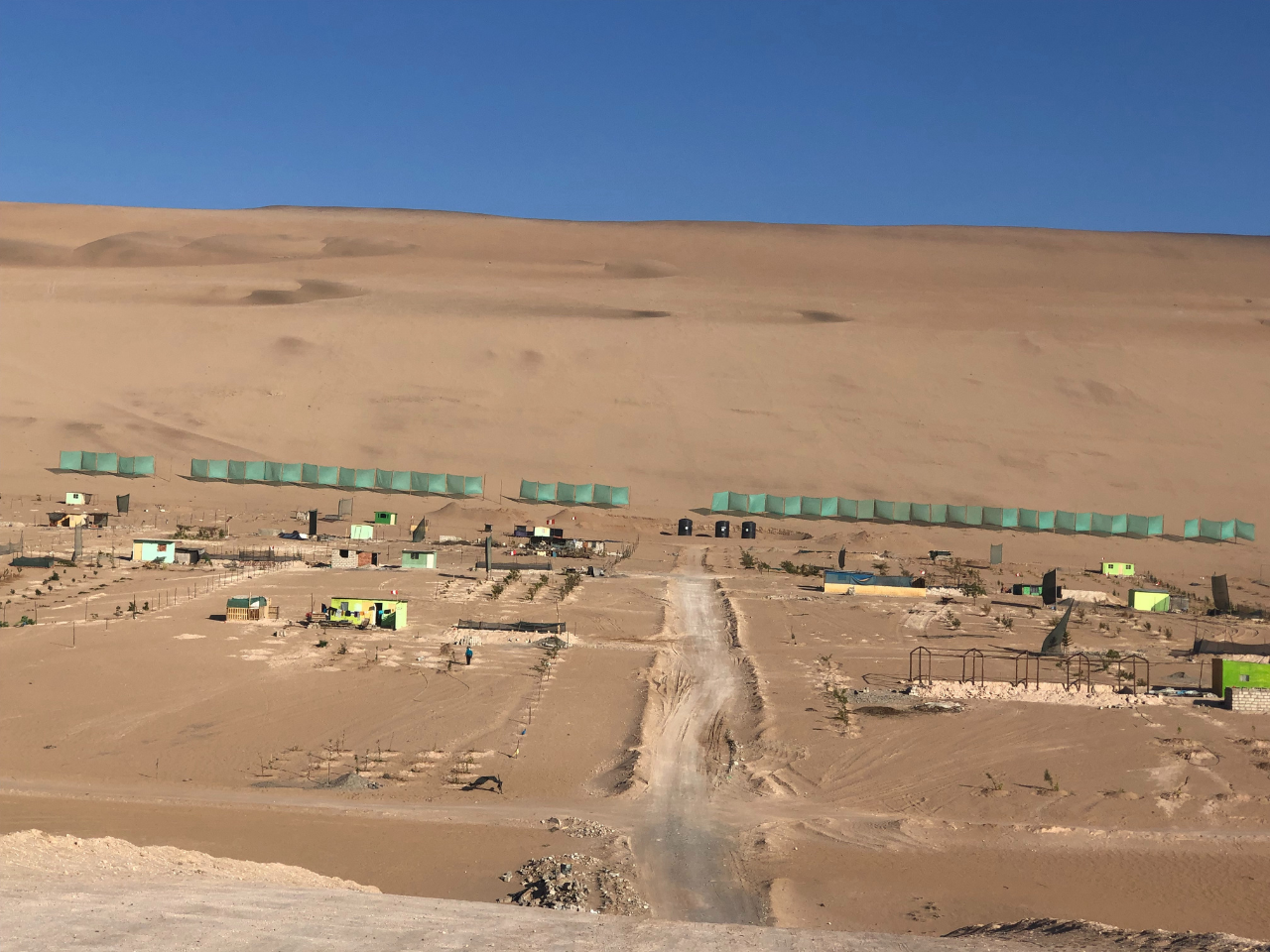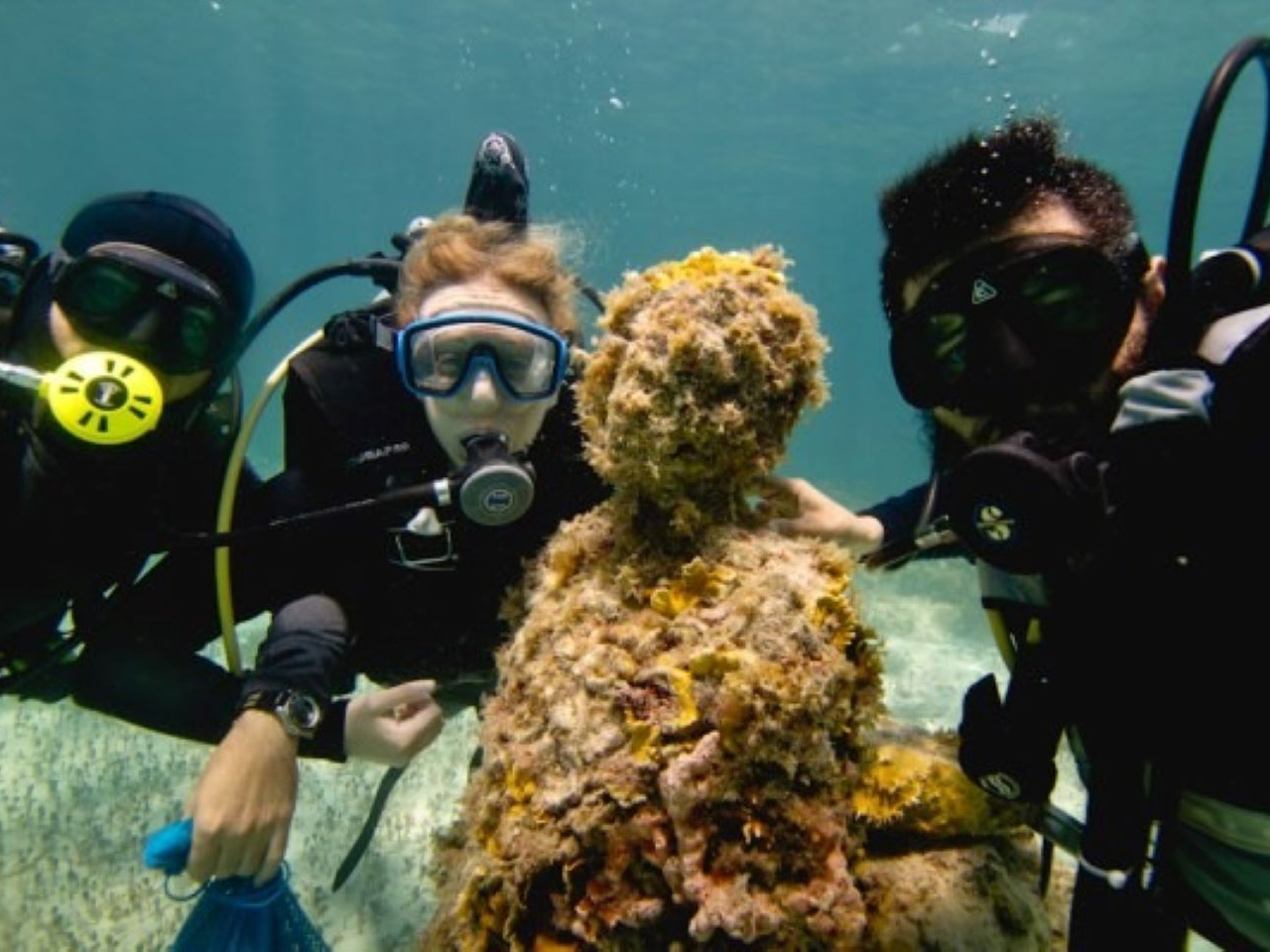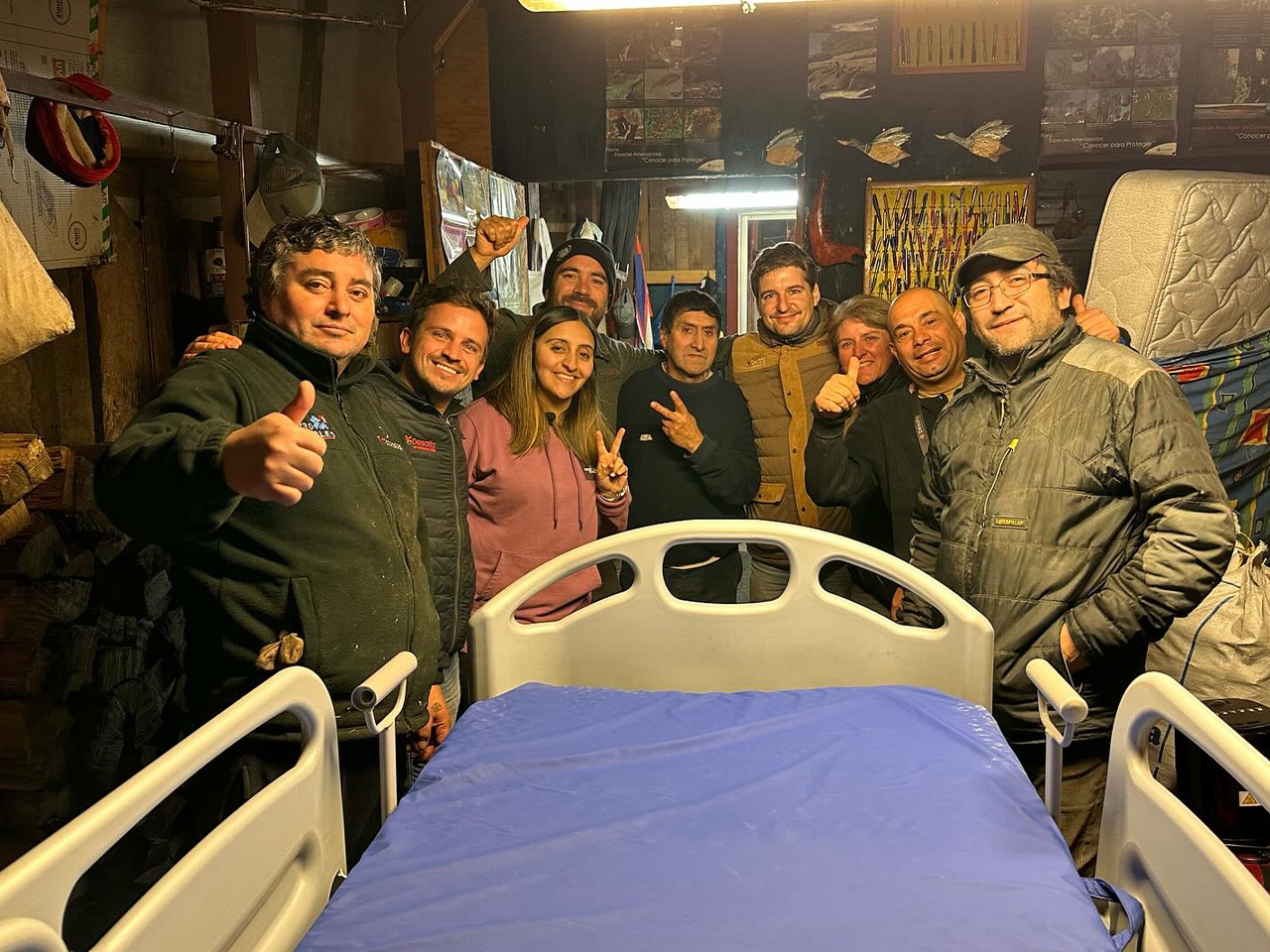Environmentalist in Dominica sheds light on failing Layou River, government missteps
I remember when the mining of the Layou River began. A huge flood in the river brought down a significant amount of sand which had to be extracted. After the reparative extraction was complete, they just kept digging. They dug into the river and the flood plain, destroying the river basin.
- 3 years ago
September 12, 2022

ST. JOSEPH, Dominica – For four decades, I successfully led protest actions against businesses and government agencies for violations against the environment in Dominica. One such focus includes speaking out about overmining operations on the Layou River.
I received death threats for speaking up against these violations by certain individuals affiliated with investors and government agencies. This is the harsh reality of activism in my country. Notwithstanding their rigorous efforts to isolate me, I continue to speak out.
A storied history of environmental activism, opportunity, pushback, and threats
As a highly respected professional in the international community, I feel proud to receive invitations to meetings with organizations like the United Nations Development Programme (UNDP). When speaking on environmental issues and agrobusiness, I do not feel shy. I present my thoughts about the right and wrong way to proceed.
In the 1990’s and 2000’s, I began rigorously defending Dominica’s rivers. My company created the 20-year integrated development plan and process, based exclusively on sustainable environmental development principles. The contract and my work, financed by the European Union, tolerated no politics in the process. As a result, people who supported the government issued threats on my life. I did not care; I continued to defend the environment in the face of death.
I remember when the mining of the Layou River began. A huge flood in the river brought down a significant amount of sand which had to be extracted. After the reparative extraction was complete, they just kept digging. They dug into the river and the flood plain, destroying the river basin.
Groups of conservation associations, ecotourism societies, members of the fishing village of Layou, and others assembled. No one person or group solves these problems alone. The problems remain too multifaceted. Creating solutions which include everyone with a vested interest creates powerful partnerships.
I recall, also, when Hurricane Maria devastated Dominica in 2017. International agencies rushed in and requested my attendance immediately. The invitation came from the international community – not my government nor the forestry department. It is frustrating to think politics would exclude critical people from participating in the healing of our land and our nation.
Years of disasters reveal a crisis, yet experts remain marginalized
The majestic Layou River remains threatened today, perhaps more than ever. You have a destroyed river basin and ongoing issues from an oil spill. You have violations of environmental laws around the 2009 construction of an asphalt plant on the riverbank. During the construction of that plant, and the erection of mining companies, I saw no environmental impact assessment studies. Yet, the heavy machinery rolled on site. That work ensued in a vividly conspicuous manner.
Another issue affecting the health of the river and its wildlife includes failures to properly track, monitor and dispose of oil waste appropriately. I see a systemic failure to implement proper land use planning in sensitive areas.
It occurs to me that the general population may not comprehend the science of how rivers replenish themselves. People do not know how that process impacts their survival, and that of our forests, wildlife, and waterways. I see people taking the existence of rivers for granted in Dominica. Perhaps it is because we have so many of them.
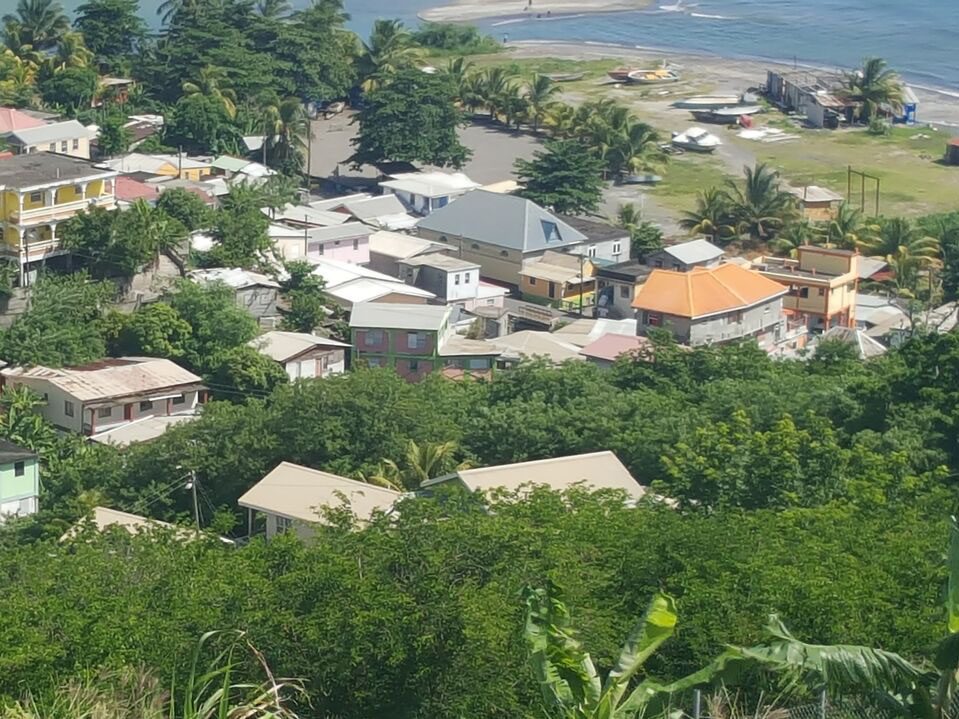
The strategy to solve these issues today must include the conservation and preservation of natural resources. However, it must do so in the context of diverse shared interests. Yet, officials ensure people like me remain uninvited to any discussion about rivers or environmental conversation. The exclusion feels personal.
It seems like government personnel in the divisions of forestry and physical planning purposefully neglect their responsibility by marginalizing experts. Ultimately, they undermine the country’s development, endangering the natural resources which keep us alive and healthy.
A call to the people, a warning for the future
Today, my resolve remains absolute despite being pushed out of meetings of significance and in the face of discreditation. Punishing experts like me actually punishes the country by excluding a wealth of experience. I see how petty political differences stand in the way of good policy and leadership practices.
I ask the people to consider that violations and insulated discussions serve only personal interests. They do not serve the interests of Dominica. What good comes from maintaining control and focusing on profits?
Great progress is never a one-man show. It requires partnerships – partnerships we have lost. It hurts me to watch; to know intelligent and learned people cannot see it. Yet, I see a small amount of water in a river where a deluge used to be. That flow has declined to a trickle and the damage continues. We will lose the river. One day, only a dry canal will remain.

